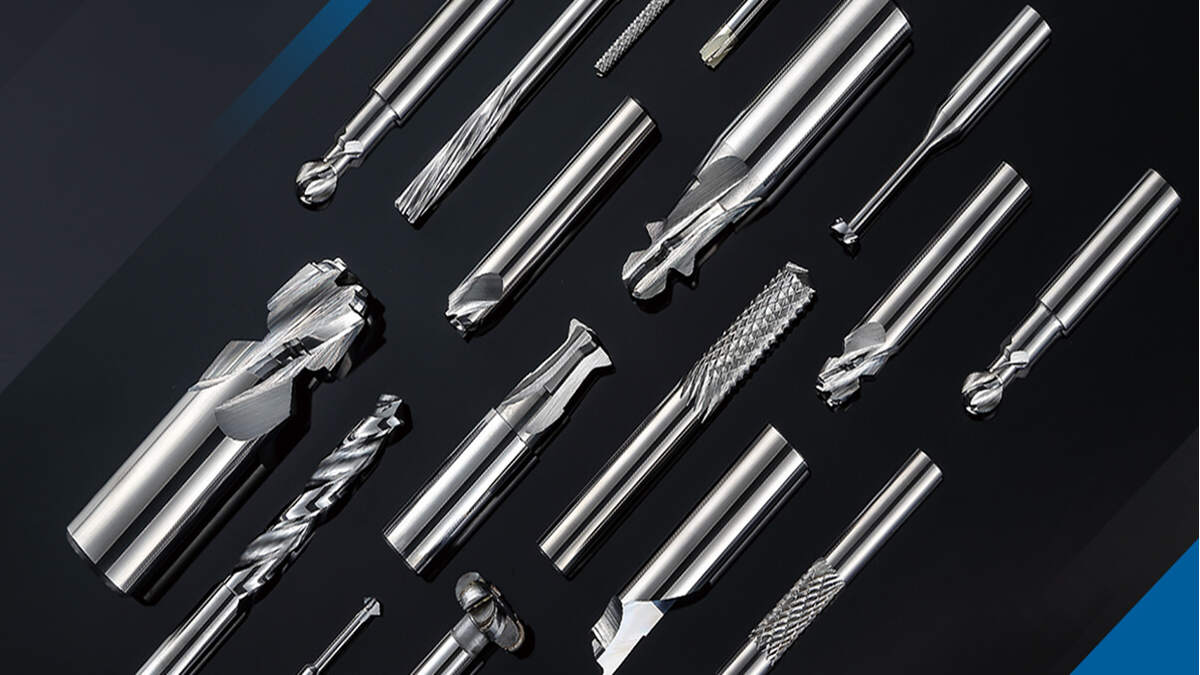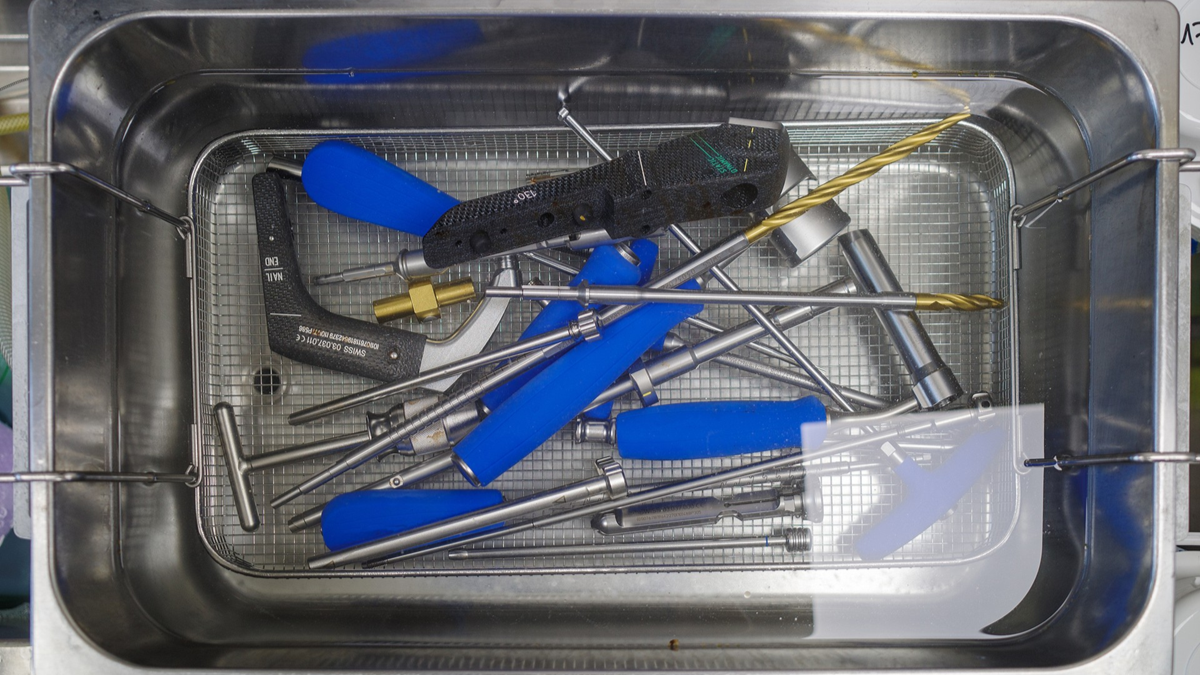This article provides a comprehensive overview of coffee robots—automated machines that brew and serve coffee using advanced robotics and artificial intelligence. It outlines their key features, including AI-driven customization, app connectivity, 24/7 efficiency, and diverse drink options. The report also examines their growing impact on the coffee industry, highlighting benefits for both consumers and businesses such as convenience, consistency, and reduced labor costs. Case studies like CafeXbot, Artly Coffee, and Rozum Café illustrate how coffee robots are reshaping the coffee experience and driving market growth worldwide.
Introduction
The coffee industry is experiencing a major transformation with the rise of coffee robots. These automated machines are reshaping how coffee is brewed and served, blending cutting-edge technology with convenience to meet the evolving demands of modern consumers. This report explores the concept of coffee robots, highlighting their features, advantages, and the impact they are having on the coffee market. Drawing from various sources, it provides an in-depth understanding of this innovative technology.
What is a Coffee Robot?
A coffee robot, often known as a robotic barista, is an automated system designed to brew and serve coffee with minimal human involvement. These machines incorporate advanced robotics and artificial intelligence (AI) to ensure a high-quality, consistent coffee experience. Coffee robots can customize drinks based on individual preferences, offering a personalized experience that rivals beverages made by human baristas.
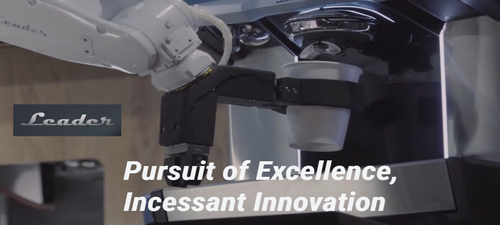
Referral Link
Key Features of Coffee Robots
Artificial Intelligence Integration
Coffee robots use AI systems that learn and adapt to user preferences. This allows them to recommend coffee types tailored to individual taste profiles, ensuring a customized coffee experience.
Connectivity and Automation
These machines integrate seamlessly with smart home systems and mobile apps. Users can schedule brews, such as having a fresh cup ready upon waking up.
Versatility
Beyond coffee, some robots like CafeXbot offer products such as hot chocolate, tea, ice cream, and milkshakes. This versatility turns them into mini-cafés capable of meeting a wide range of consumer needs.
Efficiency and Productivity
Designed for round-the-clock operation, coffee robots can produce hundreds of drinks daily. For example, the Rozum Café robot can brew over 400 specialty coffee drinks in a single day, making it ideal for high-traffic venues like airports and hospitals.
Advanced Menu Options
Certain models, such as the Coffee Robot C1 PRO, offer extensive menus with over 200 coffee variations, including alternative milk options and specialty beverages like Cold Brew and Matcha Lattes.
The Impact of Coffee Robots on the Market
Market Growth and Adoption
The global automated coffee machine market is expected to exceed USD 3.5 billion by 2025, driven by the growing demand for specialty coffee and operational efficiency in busy settings like cafés and restaurants. Coffee robots not only optimize workflows but also elevate customer satisfaction by providing consistent, high-quality beverages.
Consumer Experience
Coffee robots enhance the consumer experience by combining speed, efficiency, and personalization. AI-driven customization and app control cater to modern preferences for convenience and premium quality. Features such as drink customization and advance mobile ordering add further value to the user experience.
Business Advantages
For businesses, coffee robots provide several key benefits: lower labor costs, improved efficiency, and consistent performance. They help eliminate common staffing challenges like turnover and training. Their compact footprint also makes them ideal for high-traffic locations, giving businesses a competitive edge over traditional coffee setups.
Case Studies and Examples
CafeXbot
CafeXbot exemplifies the multifunctionality of modern coffee robots. In addition to coffee, it serves hot chocolate, ice cream, and baked goods, making it a versatile solution. Its ability to communicate in local languages also adds a personal touch to the customer experience.
Artly Coffee
Seattle-based Artly Coffee merges robotics with coffee culture. Despite initial skepticism, customers have embraced the brand’s robotic baristas, appreciating the novelty, efficiency, and diverse menu offerings.
Rozum Café
Rozum Café offers a fully automated coffee solution that doesn't require water or sewage connections, making it highly adaptable. Its capacity to serve over 400 drinks a day underlines its suitability for high-demand settings.
Conclusion
Coffee robots mark a significant technological leap in the coffee sector, merging convenience, efficiency, and personalization. As the market for automated coffee services expands, these machines are poised to become a central part of the coffee experience, reshaping how consumers engage with their favorite drinks. With their ability to meet diverse needs and boost operational performance, coffee robots are well-positioned to redefine the future of coffee service.


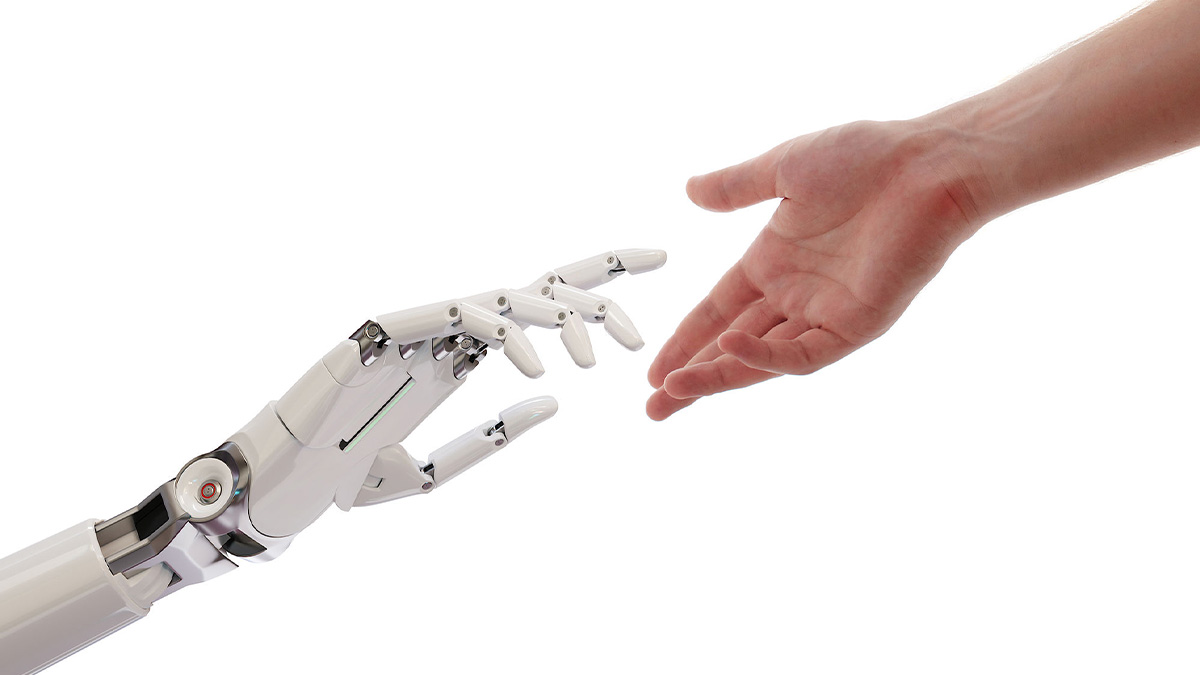

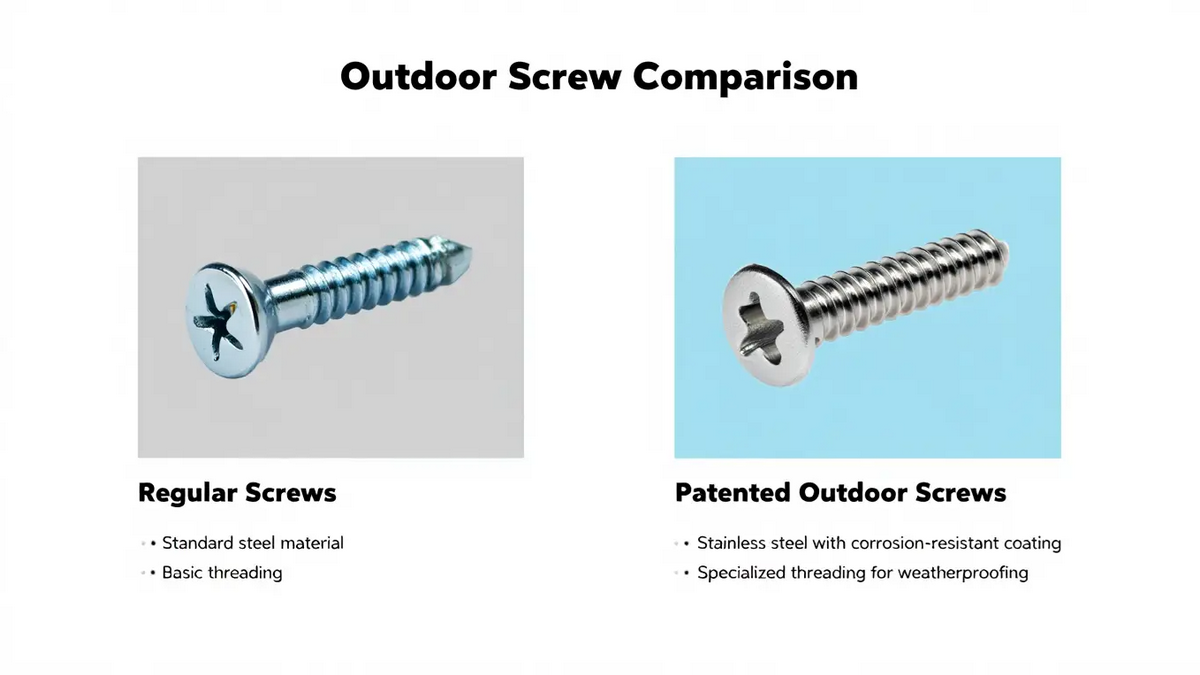
.jpg)


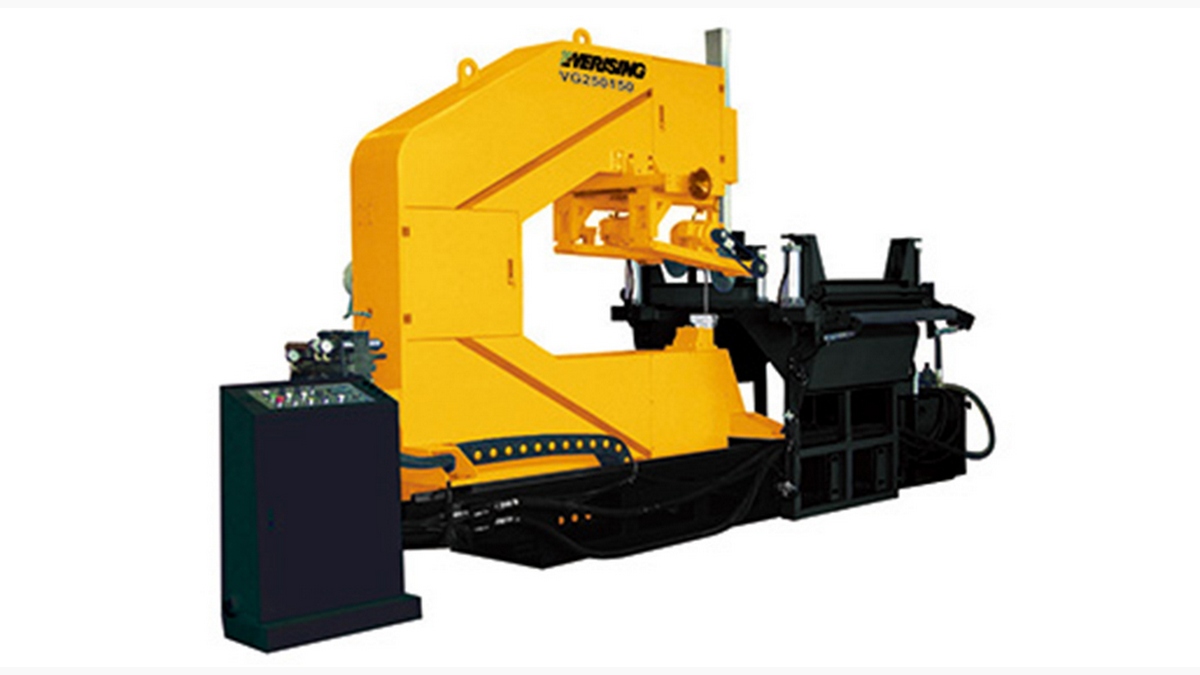



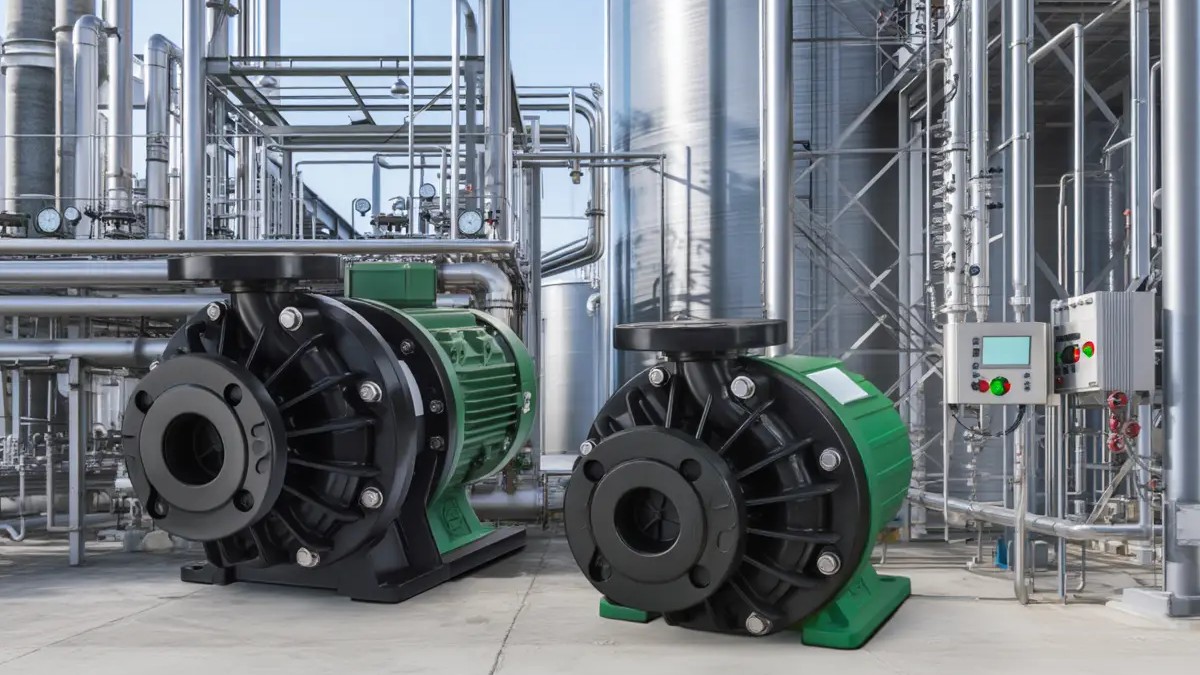
.png)
